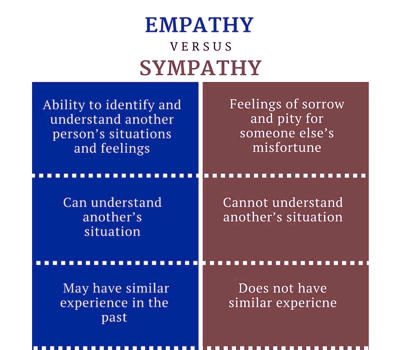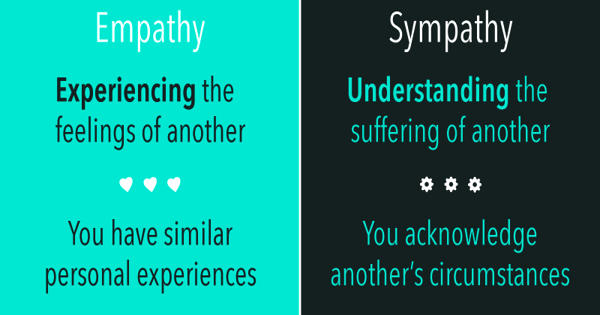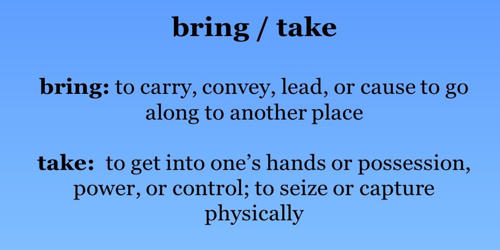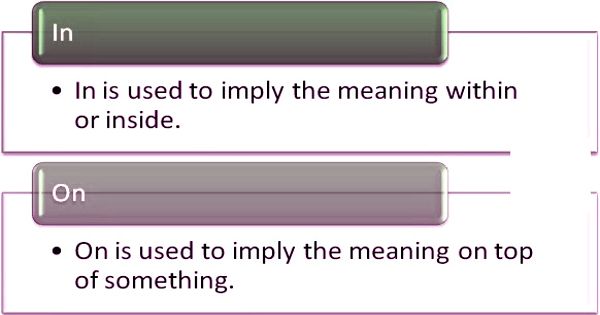Sympathy and empathy are two commonly confused words in the English language. Sympathy means the feeling of sorrow or commiseration for the hardships, problems, and pain caused to another person. It refers to the ability to take part in someone else’s feelings, mostly by feeling sorrowful about their misfortune. It is often misconstrued with empathy which refers to an individual’s ability to understand what another person is going through, by perceiving himself in the same situation. Empathy is a term we use for the ability to understand other people’s feelings as if we were having them ourselves. Both of the works deal with the relationship a person has to the feelings and experiences of another person.
Sympathy takes place when you come to know that another person is going through some problem or hardship. On the contrary, empathy occurs when you start feeling the pain and hardship which another person is experiencing.
Difference between Sympathy and Empathy
SYMPATHY
- Sympathy is all about feeling pity for someone else’s misfortune. It is a shared feeling, usually of sorrow, pity or compassion for another person. You show concern for another person when you feel sympathy for them.
- Sympathy is like having concern and pity for another person’s problems and misfortunes. Sympathy for a person arises as a result of pity for negative experiences.
- The word ‘sympathy’ is created out of two Greek terms ‘sun’ and ‘pathos’, which means ‘with’ and ‘feeling’ respectively. Hence, it refers to feeling with someone, i.e. commiseration.
- Sympathy includes caring about another person’s well being and willing to help him.
- It is a feeling of pity for the suffering of another individual that leads to his sadness. So, while feeling sympathy for another person, we actually have compassion and wish to help the other person.
- Example: Our Principal has much sympathy for the animals.

EMPATHY
- Empathy refers to the ability to understand the sufferings of another person. It is the ability to put yourself in the place of another and understand someone else’s feelings by identifying with them.
- Empathy means actually feeling that pain, which another person has undergone. Empathy for a person can be for both positive and negative experiences.
- The word ’empathy’ has been recently added to the English vocabulary. It is a combination of two Greek words ’em’ and ‘pathos’ which means ‘in’ and ‘feeling’ respectively. It refers to feeling oneself in someone else’s situation, i.e. what another person feels in a particular situation.
- Empathy not only includes caring about the other person but also personally understanding the struggles and problems of the other person by imagining himself in that situation.
- So, in the case of empathy, we have the ability to imagine ourselves in the same situation, i.e. in their place, and experience their sufferings, as if they are ours. In other words, it is a person’s capability to suppose himself in another person’s condition or position.
- Example: Harry empathizes with the poor, as he was one during his young age.
















